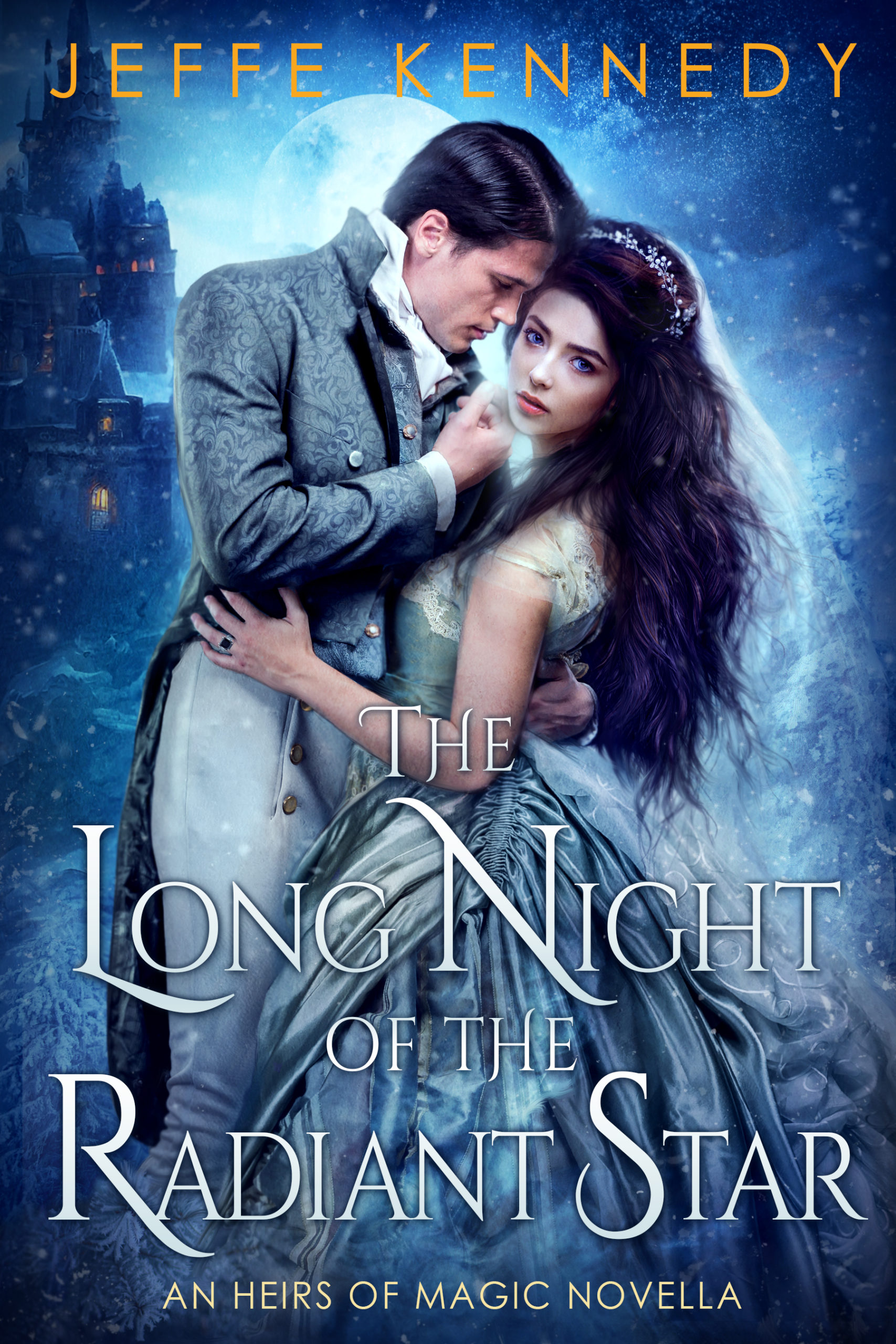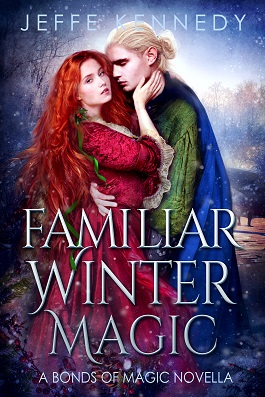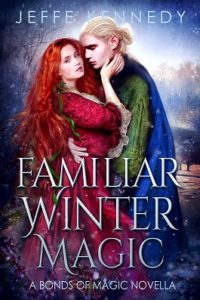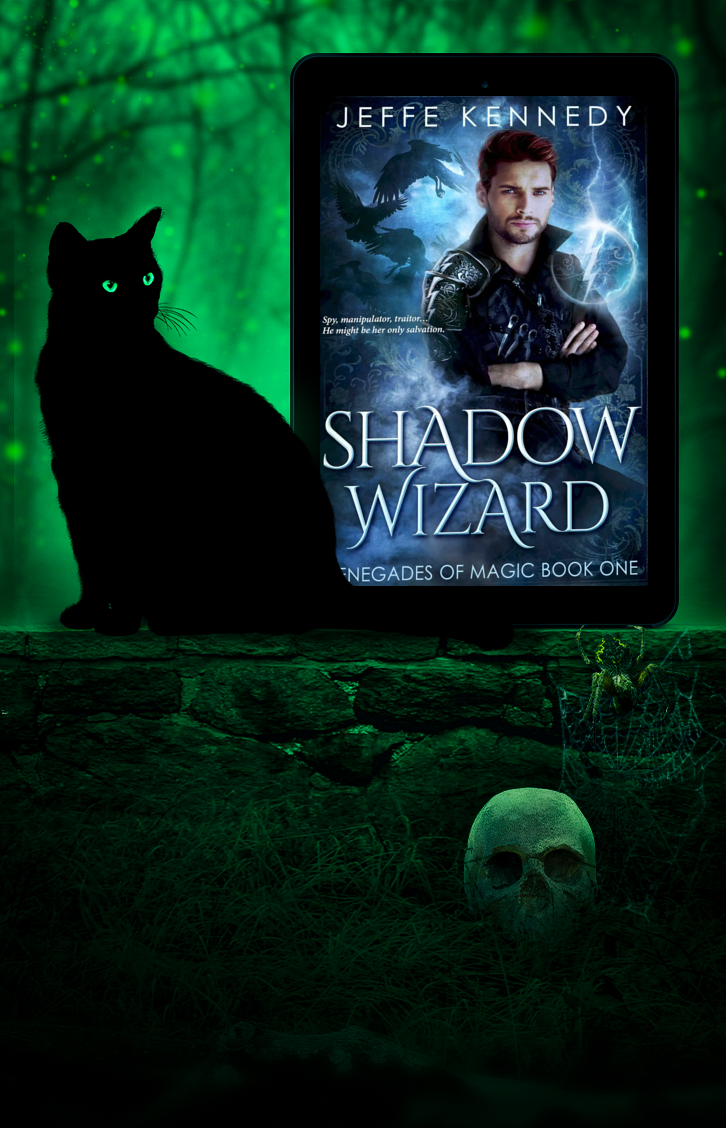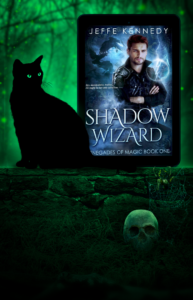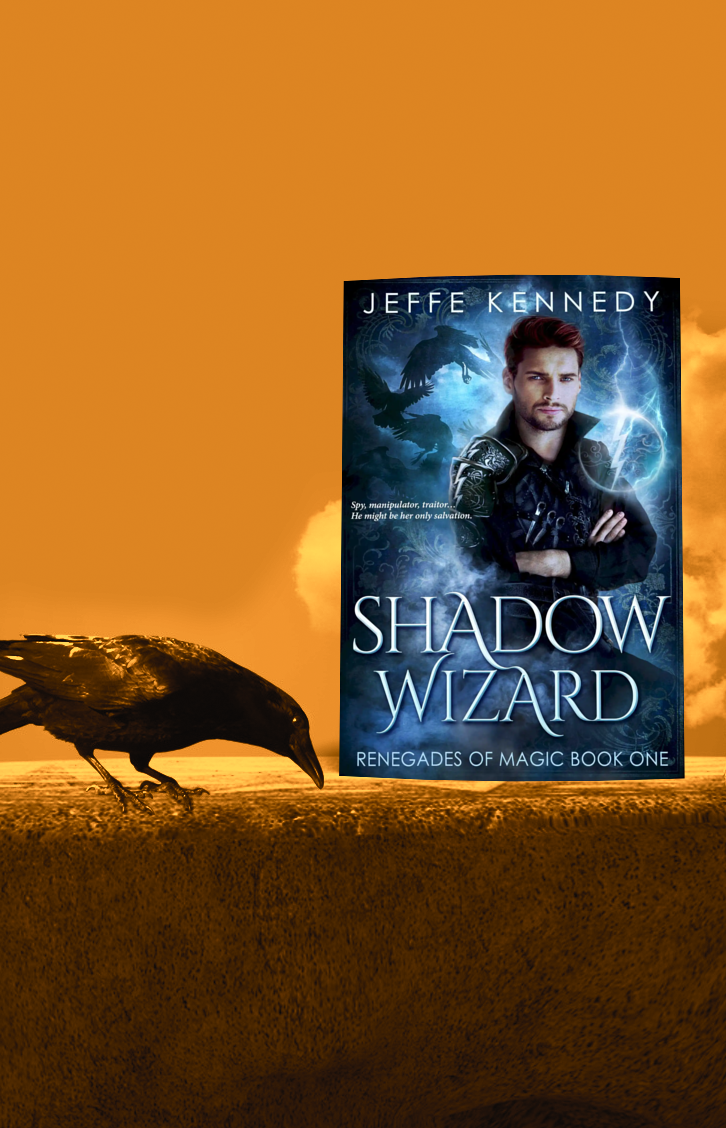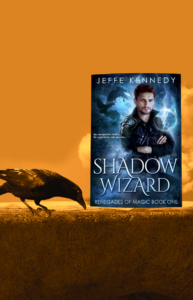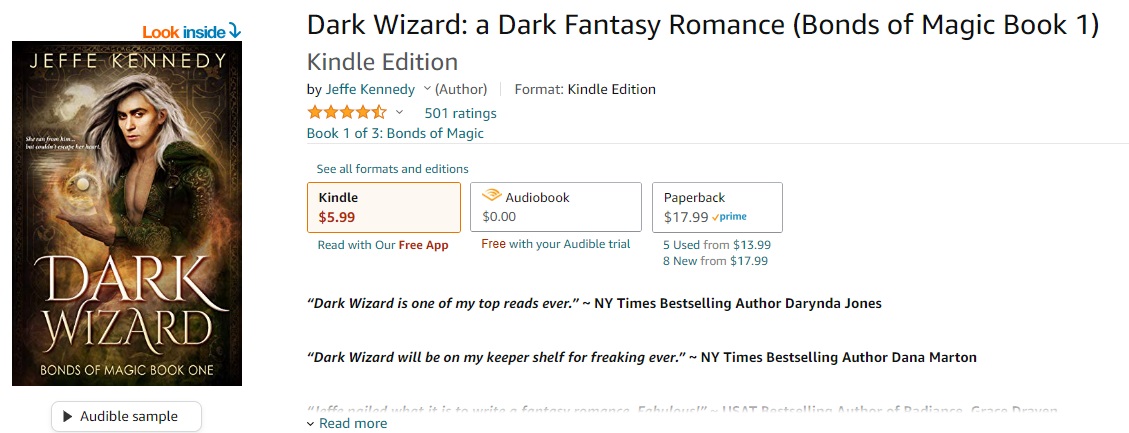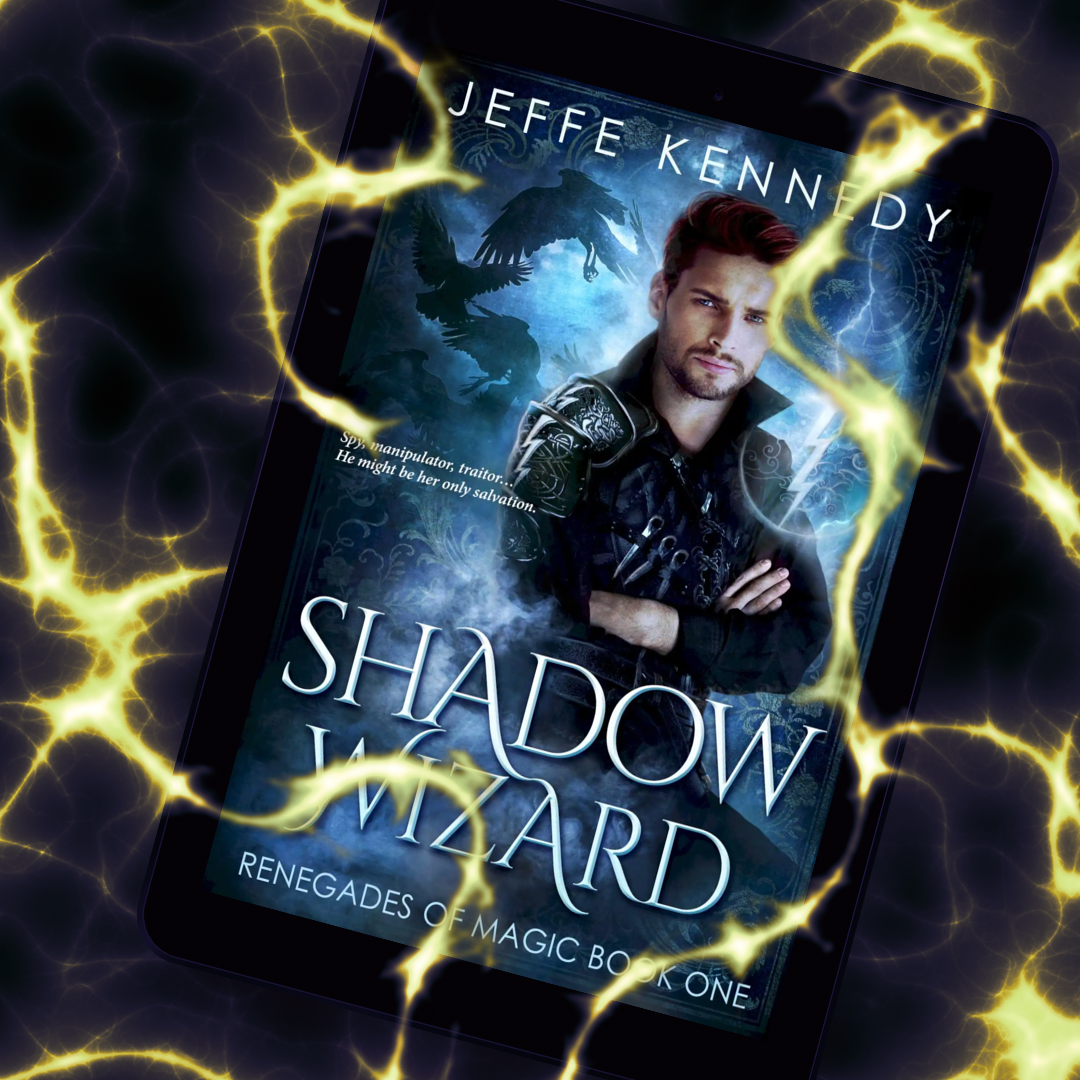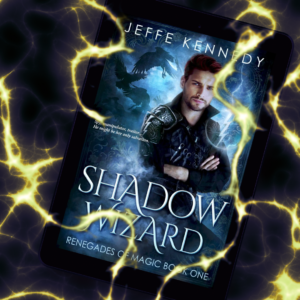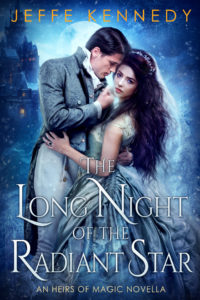
THE LONG NIGHT OF THE RADIANT STAR – Jak and Stella’s midwinter holiday wedding – is out now!
Did anyone give you truly sound advice?
Did you have a mentor and if so how do you pay it forward without getting buried by requests?
I’ve been truly blessed in having numerous mentors and lovely, gracious people willing to give me advice. The one I’ll single out today is SFWA Past-President, Nebula-Award winner, and wonderful author of science fiction, sf mysteries, fantasy, and near future thrillers, Catherine Asaro. When I was shopping my first fantasy romance novel, sometime around 2008/2009, Catherine did me the huge favor of reading the book for me. I kept getting enthusiasm from agents and editors, and full manuscript requests, but they all came back with “no,” saying they didn’t know what to with the book or how to market it. I’d run out of ideas for how to revise the book so it would sell.
Catherine read it and said – the first person to say this to me – that the only “problem” was that I was writing cross-genre. She told me the story was good and that I was a good writer (things I desperately needed to hear), but that if I kept writing this fantasy + romance cross-genre, it would be like wading through hip-deep snow to succeed with it. She also told me she thought it was worth doing.
She was right on both counts.
As for paying it forward… I do that as much as I can. I volunteer to mentor through SFWA and other fundraisers. I offer advice in various arenas where I think people genuinely want to hear it. (Few things are more frustrating to me than putting energy into offering advice to people who don’t listen.) I have my podcast, First Cup of Coffee with Jeffe Kennedy, where I talk about writing and publishing (and other random thoughts). All of these venues allow me to control how much bandwidth I devote to mentoring others. In truth, I started my Author Coaching side business entirely so I’d have a way to charge money for my time and energy, when the bandwidth wasn’t enough.
That said, if you catch me in person at a con, I’m always happy to chat over an adult beverage. Offerings of chocolate are also acceptable!
